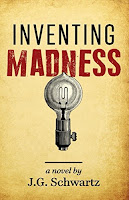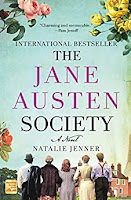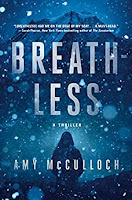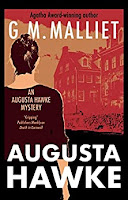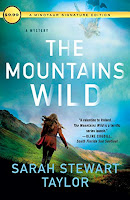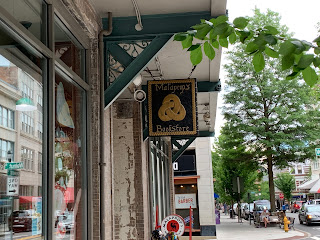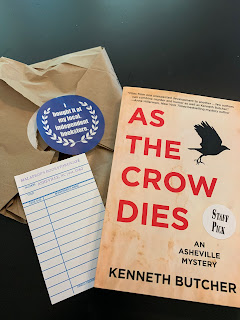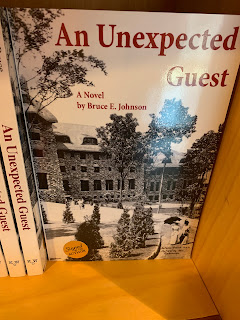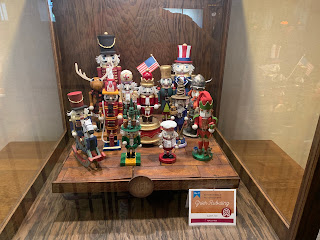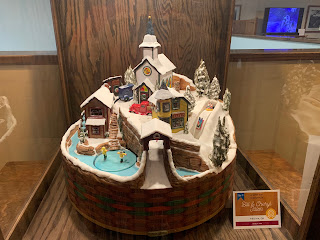Today, I have a guest post by author J.G. Schwartz. Joyce did an event recently at our local library here in Kerrville and she talked about 'Madness, War and Magic' and how she included these topics in her books. Thanks so much, Joyce, for stopping by and tell us about your writing journey and your books. Enjoy, everyone.
-----------------------------------------------------------------------------------------
I truly believe that everyone who loves to tell stories or write stories loves to have stories told to them.
One of my favorite childhood memories was when one of my parents would tuck me into bed and then read a story—usually one from Grimms’ Fairy Tales--Hansel and Gretel—how scary the hot oven must have looked! Snow White—how sweet was that red apple? Little Red Riding Hood—could she really not recognize that it was a wolf instead of her grandmother?? Although I listened intently to the same stories told to me hundreds of times, they always seemed exciting and new.
I soon realized how wonderful it was to sit down and write a story. For some strange reason, I am able to just sit at my desk, listen to what my characters are saying, and then place their words on a page. I have been extremely fortunate in that each of my novels has won national awards.
Writers decide just how they want to tell their story – some brave souls, often those who have experienced great trauma, leave their own story on a page by writing a memoir.
Others write of the life they longed to have. But all writers, especially those who write fiction, tell stories from their own points of view, from their own experiences – their thoughts and imagination.
It is our story, even if it is fictionalized. Every author leaves themselves on the page – even if they don’t write a tell-all memoir.
I have always enjoyed intertwining history with fiction in my novels—plus, I usually add a murder or two.
I try very hard to write books that I would enjoy reading, filled with characters that I would like to have as next-door neighbors.
My first novel,
Inventing Madness, is filled with murder and mystery. In the late 1800s, Thomas Edison is a serial killer. How else do you think he acquired two thousand patents? Although I intertwined fact with fiction in this novel, the actual deeds committed by Edison were far worse than anything I could have imagined.
My second novel,
The Pearl Harbor Conspiracy, was influenced by my father. He was one of the few survivors of the Bataan Death March which occurred at the beginning of World War II. He spent four years in a Japanese Prison Camp. The novel involves Ethel Rosenberg, who attempts to draw isolationist America into the European war to stop the Jewish genocide. The novel is a harrowing tale of female resistance and camaraderie.
And why write about a fortune-teller?
Well, as a young girl of about 12 or 13, I went with my girlfriend and her family to a rodeo that was held at the Joe Freeman Coliseum in San Antonio. I paid a fortune-teller twenty-five cents to tell my future. She was amazingly accurate, and since that time I have been fascinated with fortune-tellers and the magic that surrounds them…even as a pathologist, I know I should base my beliefs solely on scientific research.
So, whether you read a novel or listen to your characters and write their stories, I hope both will bring you joy.
------------------------------------------------------------------------------------------
Joyce G. Schwartz, M.D., is a graduate of The University of Texas at Austin where she received a Master of Arts degree with high honors. She then attended The University of Texas Health Science Center at San Antonio where she obtained her Medical Degree. She currently works as a pathologist in San Antonio, Texas.




